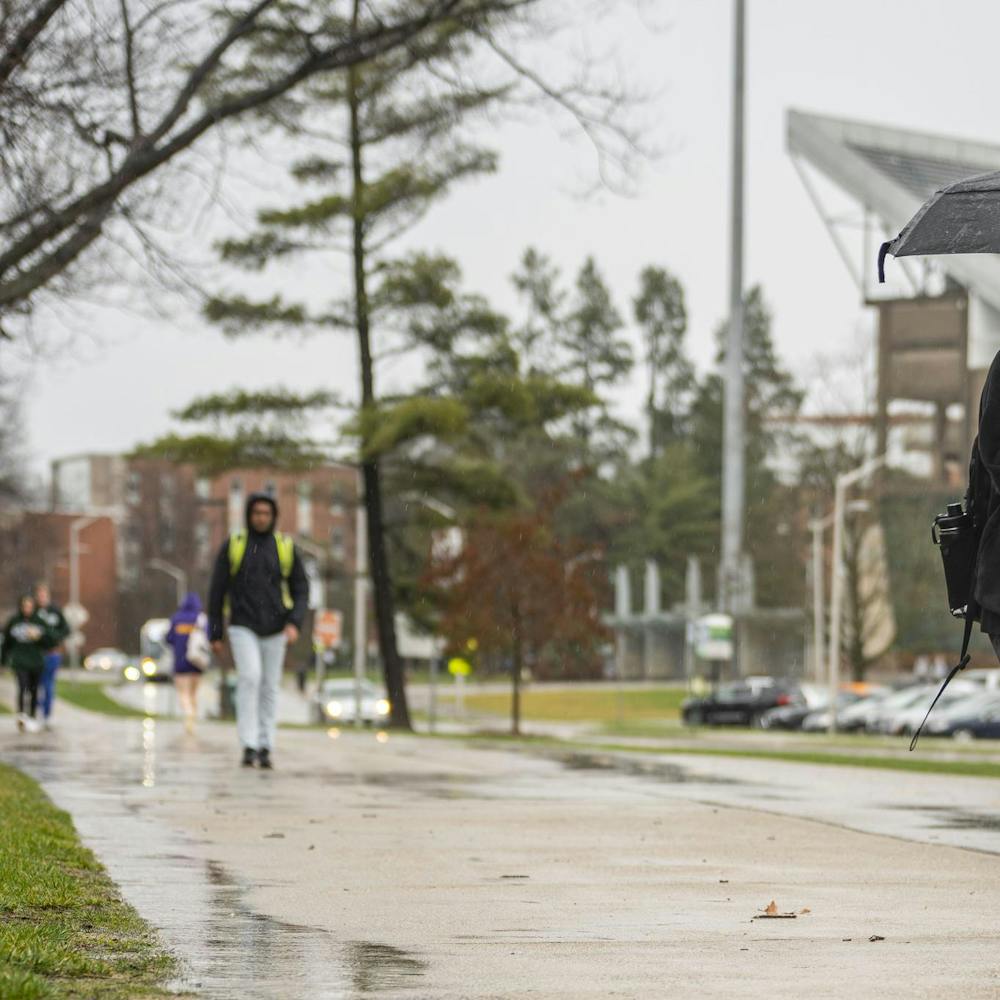Although there might be an increasing demand for cadavers in Michigan’s medical schools, MSU’s supply of donated bodies is alive and well.
The Detroit News reported last week that there is a growing need for more anatomical donations to medical schools in Michigan, but donations to MSU have seen “a very gradual increase” throughout the years, said Jacque Liles, MSU director of anatomical resources.
Last year, MSU received around 120 body donations — the most ever donated to the university.
“I would say, at times, there is probably a greater need for anatomical donations than what is available,” Liles said.
“Here at MSU, I think we’re doing well.”
Donors are accepted to the MSU Willed Body Program when they still are alive, and after passing away, their bodies generally are kept by the university for one to three years, Liles said.
There currently are approximately 300 cadavers in use for various educational programs at the College of Human Medicine and College of Osteopathic Medicine.
The high demand for cadavers is a result of the expansion of the MSU College of Human Medicine as well as the rapidly expanding medical field overall, Liles said.
“It’s a unique and extremely valuable teaching tool, … so consequently the use of donors is always in demand,” Liles said.
Osteopathic medicine student Christina Lis said medical students use cadavers in many anatomy and physiology courses as early as their first semester. Lis became desensitized to working with human bodies after previously working in a hospital, she said.
“You’re so focused on looking at a lung or a bone that you don’t even remember it’s a body anymore, which sounds horrible, but you have to remember it’s a learning tool,” Lis said.
Working with real bodies that include real imperfections as opposed to a perfect model in a textbook is extremely valuable to students, Lis said.
Clark Burkle, location manager at Gorsline Runciman Funeral Homes, 1730 E. Grand River Ave., said he hasn’t noticed any changes in the number of people donating their bodies to science in recent years. The number of people donating usable organs such as eyes and skin tissue, however, has increased, Burkle said.
People who choose to donate their bodies as cadavers usually do so for philosophical reasons, Burkle said.
“I think those people feel compelled to help after they’re gone,” he said.
Support student media!
Please consider donating to The State News and help fund the future of journalism.
Discussion
Share and discuss “MSU sees healthy supply of donated bodies for medical classes, programs ” on social media.






